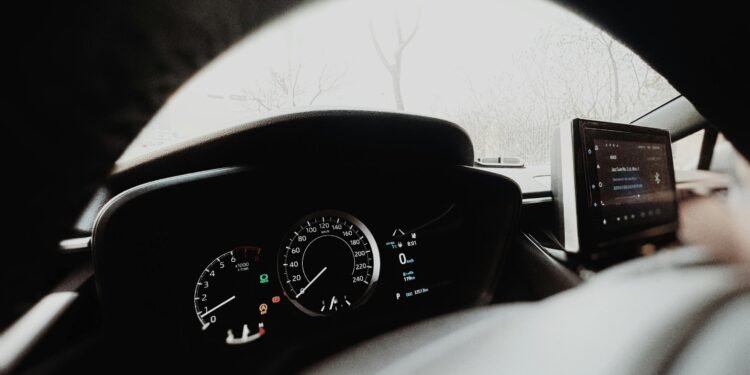
AI-powered camera technology developed by Australian Catholic University will enable cars to react faster than an Olympic sprinter, see in 3D, and make autonomous driving safer and more affordable.
Relying on a single monocular camera, the game-changing system MonoFG has state-of-the-art accuracy and, at about $300 per unit, could lower the cost of autonomous cars by thousands of dollars.
Just as humans perceive and judge depth while moving, MonoFG improves how self-driving vehicles detect and navigate complex environments by accurately distinguishing between foreground and background.
Until now autonomous driving technology has been prohibitively expensive and would require laser-pulsing LiDAR (Light Detection and Ranging) sensors and cameras to create a 3D map of the surroundings.
The Honda Legend Hybrid EX, the world’s first production car with Level 3 autonomous driving technology, was launched in 2021 and costs about AUD $102,000 (~ USD $65,000).
A LiDAR system can cost up to $75,000, meaning MonoFG technology could bring autonomous driving within a family budget.
“It would be cheaper than a Land Cruiser,” ACU Associate Professor Walayat Hussain said.
“This isn’t just a concept-MonoFG has been tested on real-world datasets, proving that affordable, AI-driven self-driving technology is within reach.”
The AI system behind the camera technology was designed by Assoc Prof Hussain and researchers from Shanghai University and Xidian University in China.
Research published in ACM Transactions on Autonomous and Adaptive Systems showed extensive testing has validated MonoFG’s capability to balance real-time decision-making with the ability to distinguish between foreground and background.
Its accuracy is comparable with LiDAR-supported models and was ranked No.1 for cyclist detection.
In terms of speed, MonoFG runs at 18 frames-per-second, making it virtually real time. It processes a new image even faster than an Olympic 100m sprinter whose average reaction time is about 0.16 seconds.
“With better accuracy in detecting pedestrians, cyclists, and other vehicles, this human-first AI reduces accident risks and increases public trust in self-driving technology,” Assoc Prof Hussain said.
“Real-world testing shows that MonoFG enhances road safety by enabling smarter, real-time decision-making.”
More information:
Honghao Gao et al, MonoFG: Monocular 3D Object Detection with Knowledge Distillation for Human-Centric Autonomous Driving Systems, ACM Transactions on Autonomous and Adaptive Systems (2024). DOI: 10.1145/3703458
Provided by
Australian Catholic University
Citation:
AI camera tech promises affordable self-driving cars (2025, March 25)
retrieved 25 March 2025
from https://techxplore.com/news/2025-03-ai-camera-tech-cars.html
This document is subject to copyright. Apart from any fair dealing for the purpose of private study or research, no
part may be reproduced without the written permission. The content is provided for information purposes only.










